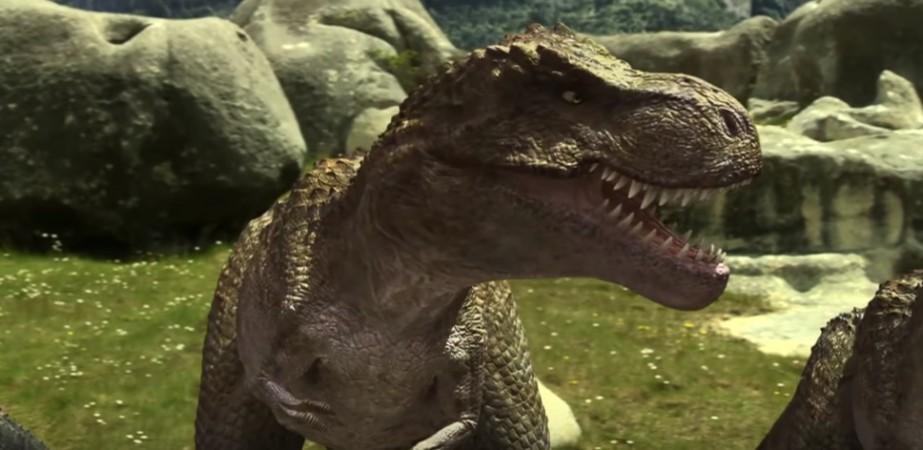A new study conducted by a team of researchers has found that giant theropods that include Allosaurus and Ceratosaurus ate almost everything, including each other that suggests their cannibalistic traits.
According to researchers who took part in this study, these theropods were not picky eaters, and they used to eat whatever they get during mealtime.

Cannibalism among dinosaurs
Scientists made this conclusion after analyzing more than 2,000 bones from the Jurassic Mygatt-Moore Quarry, a 152-million-year-old fossil deposit in western Colorado. In these bones, researchers discovered several bite marks, that suggested the cannibalistic trait of these predators.
"Scavenging, and even cannibalism, is pretty common among modern predators. Big theropods, like Allosaurus, probably weren't particularly picky eaters if it meant they got a free meal," said Stephanie Drumheller, a palaeontologist at the University of Tennessee and the lead author of the study in a recent statement.
Scientists have been excavating the Jurassic Mygatt-Moore Quarry intensively for the past 30 years, and still, surprising discoveries are common in this site. The new discovery has made scientists believe that old bones of dinosaurs can still hold several scientific surprises.
How dinosaurs went extinct?
Historians and scientists believe that a giant asteroid hit the earth around 66 million years ago, and it resulted in the extinction of dinosaurs. However, Professor Brian J Ford, a popular biologist who authored the book 'Too Big to Walk: The New Science of Dinosaurs' claims that continental drift had played a crucial role in wiping out dinosaurs from the surface of the earth.
According to Ford, dinosaurs had used lakes to engage in sexual activities, as the buoyancy of these lakes helped these creatures to support their massive bulk. Due to the continental drifting, these sex lakes became absent, and thus dinosaurs failed to engage in sexual encounters, which finally resulted in their extinction.














